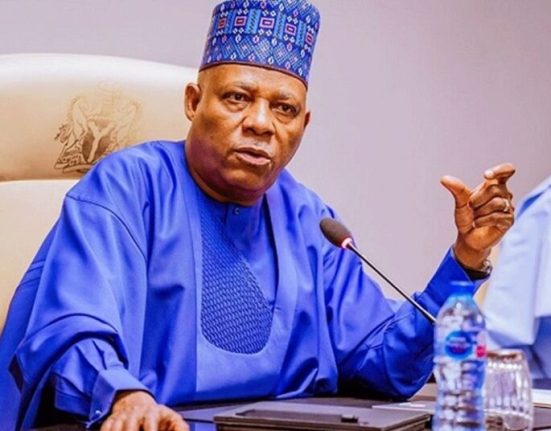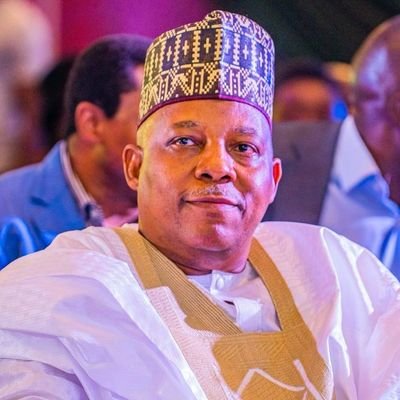A bill seeking to entrench rotational presidency across Nigeria’s six geopolitical zones was met with stiff resistance on the floor of the House of Representatives, culminating in its outright rejection during plenary on Tuesday.
The proposed legislation, which aimed to amend the 1999 Constitution to mandate the rotation of the presidency among the geo-political zones, failed to gain the necessary support from lawmakers, many of whom argued that the bill was impractical, divisive, and potentially unconstitutional.
Sponsored by a lawmaker whose name sparked fresh political conversations online, the bill sought to formalise what has historically been an unwritten understanding among Nigeria’s political elite: that power should rotate between the North and the South, and among the country’s major zones, in the spirit of fairness, unity, and national cohesion.
However, when the bill was presented for second reading, it was met with vehement opposition. Several lawmakers dismissed it as an attempt to legislate political arrangements that, in their view, should remain within the purview of political parties and electoral dynamics—not constitutional obligation.
Speaking against the bill, some legislators argued that enforcing rotational presidency by law would infringe on the constitutional rights of Nigerians to contest for the highest office irrespective of their region, religion, or ethnicity. They maintained that while zoning remains a useful political tool for inclusion, it should not be elevated into law at the expense of democratic principles.
“This bill may have good intentions, but it undermines the very spirit of democracy,” one lawmaker noted during the heated debate. “We must not make laws that limit the rights of Nigerians to aspire to any office.”
Supporters of the bill, on the other hand, contended that codifying rotational presidency would foster unity, reduce ethnic tensions, and promote a sense of belonging across all regions. They pointed to perceived imbalances in power distribution as justification for constitutional reform.
Despite these arguments, the majority vote did not favour the bill, leading to its dismissal without further consideration. Analysts say the rejection reflects the deep divisions among Nigeria’s political class over how best to manage the country’s diversity while preserving democratic integrity.
With this development, the country returns once again to relying on informal political arrangements within major parties, especially the ruling All Progressives Congress (APC) and the opposition Peoples Democratic Party (PDP), to determine zoning arrangements ahead of the 2027 general elections.
While zoning remains a potent political issue, the rejection of this bill suggests lawmakers are reluctant to codify it—leaving the matter to Nigeria’s volatile political negotiations and elite consensus.







